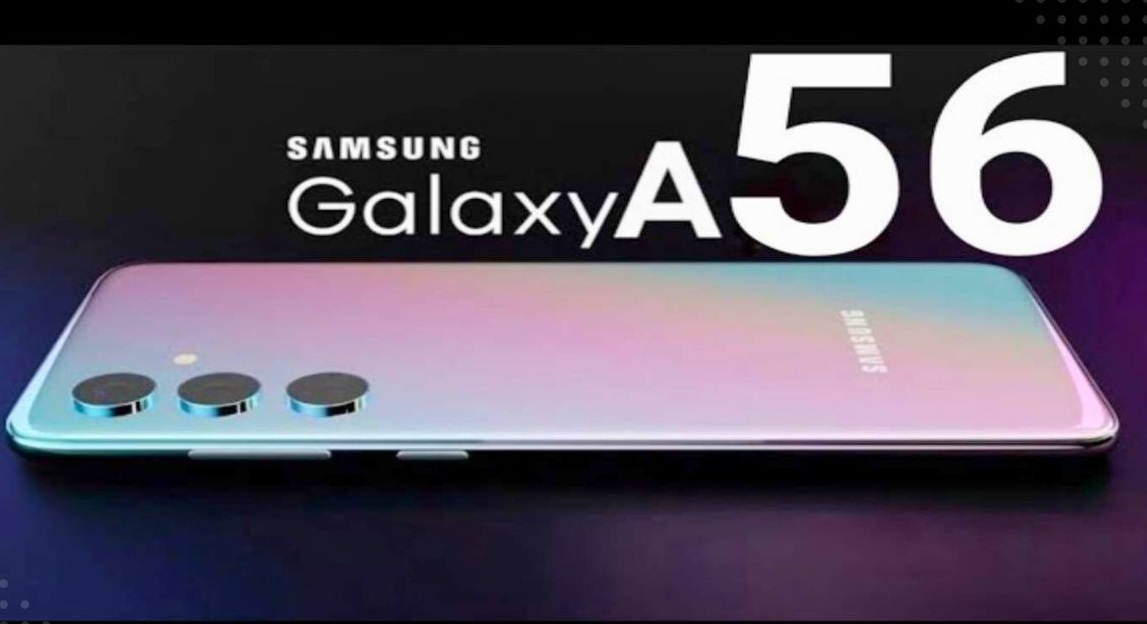Fixing LED strip lights to the bottom of surfboards could deter attacks by great white sharks, Australian scientists say.
A study conducted in Mossel Bay, South Africa involved towing seal-shaped boards fitted with different configurations of lights behind a boat to see which attracted the most attention.
The researchers from Macquarie University in New South Wales say the lights distorted the silhouette of the their "decoys" on the ocean's surface and limited the ability of the great whites to see against the sunlight.
Lights could prove a non-invasive means of shark restraint, unlike nets or drones, they added.
Great white sharks are the species responsible for most human shark-bite fatalities, and often attack their prey from underneath, lead researcher Laura Ryan said. This means that sometimes the sharks mistake a surfer's silhouette for the outline of a seal.
Researchers say it is also important to see whether the LED lighting is effective in deterring other shark species known to attack humans, including bull sharks and tiger sharks.
Most attacks are associated with people surfing and participating in other board sports. There were 69 unprovoked shark bites in 2023, most in the US, Australia and South Africa, 10 of which were fatal, according to statistics.
The Australian study, published in the journal Current Biology, involved testing three different intensities of LED lights.
Ms Ryan said the study showed the brightest horizontal-aligned lights were less likely to be targeted.
The researchers said: "Our results reveal the importance of a dark silhouette against a lighter background in predatory behaviour in great white sharks and that altering the silhouette may form the basis of new non-invasive shark deterrent technology to protect human life."
They added it was interesting that great white sharks were less attracted to the most conspicuous lights because other studies have found some species were drawn to bright, reflective objects.
The researchers are now building prototype lighting strips to test on surfboards and kayaks.

 1 month ago
4
1 month ago
4















 English (US) ·
English (US) ·